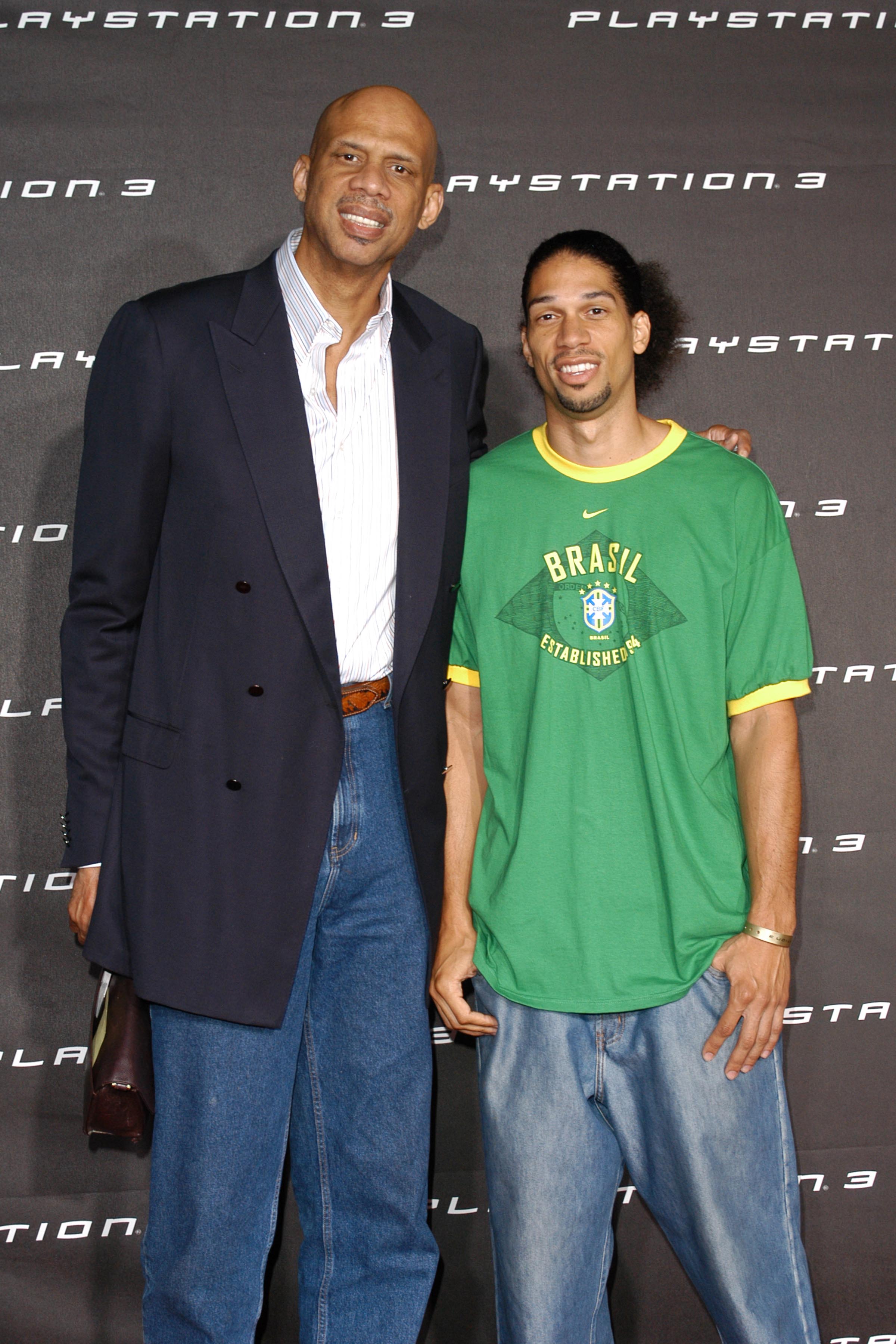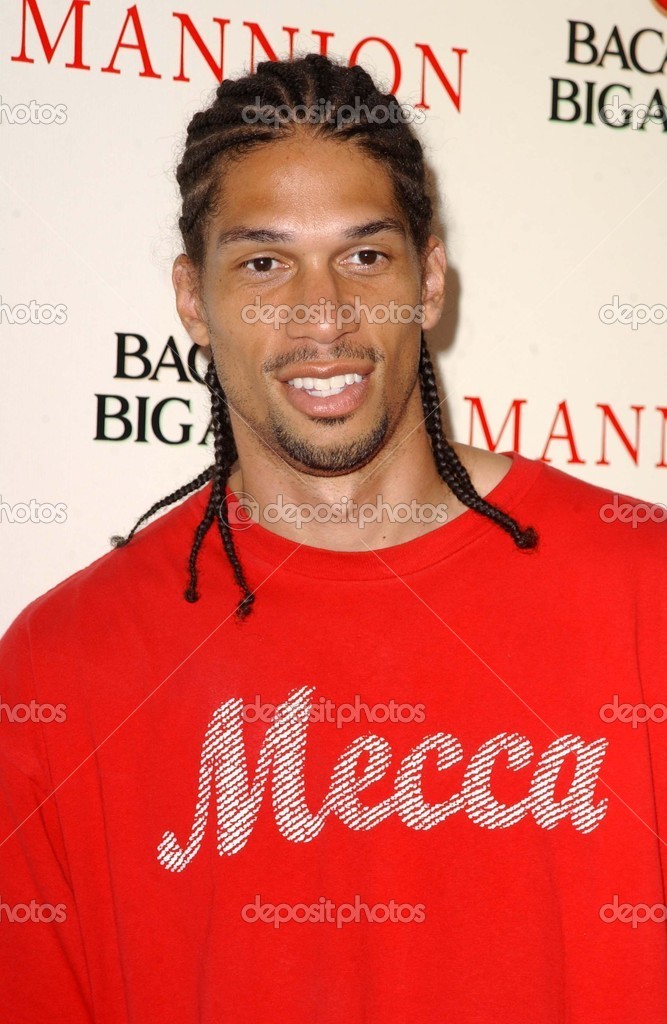Kareem Abdul-Jabbar: From Lew Alcindor To NBA Legend & Beyond
Could one man, through sheer dedication and an unwavering spirit, redefine the landscape of professional basketball? Kareem Abdul-Jabbar, born Ferdinand Lewis Alcindor Jr., not only reshaped the game but also exemplified a journey of self-discovery that transcended the boundaries of the court.
Born on April 16, 1947, in New York City, young Ferdinand Lewis Alcindor Jr. entered the world with a stature that hinted at the dominance he would later unleash on the basketball court. From the very beginning, his physical presence was undeniable; he weighed in at a remarkable 12 lb (5 kg) and measured 22.5 inches at birth, foreshadowing the extraordinary career that lay ahead. Growing up, Alcindor, the only child of Ferdinand Lewis Alcindor Sr., a New York City policeman, and his wife, Cora, displayed a natural aptitude for basketball, quickly excelling in the sport. He dominated the New York City high school basketball scene, establishing himself as a prodigious talent destined for greatness. He took a more literal approach to follow in his father's footsteps
| Category | Details |
|---|---|
| Full Name | Ferdinand Lewis Alcindor Jr. (born); Kareem Abdul-Jabbar (later) |
| Date of Birth | April 16, 1947 |
| Place of Birth | New York City, New York |
| Nickname | Lew Alcindor (earlier) |
| Height | 7 ft 2 in (2.18 m) |
| Position | Center |
| Professional Career | Milwaukee Bucks (1969-1975), Los Angeles Lakers (1975-1989) |
| NBA Championships | 6 (1971, 1980, 1982, 1985, 1987, 1988) |
| NBA Finals MVP | 2 (1971, 1985) |
| NBA Most Valuable Player | 6 (1971, 1972, 1974, 1976, 1977, 1980) |
| Name Change | Changed his name to Kareem Abdul-Jabbar in 1971 at the age of 24 |
| Children | Habiba, Kareem Jr., Sultana, Amir, and Adam |
| Marriages | Married to Habiba (1971-1978) |
| Other Activities | Actor, Author, and Social Activist |
| Reference | NBA.com |
The transition from Alcindor to Abdul-Jabbar wasn't merely a name change; it was a profound statement of personal and spiritual transformation. Several years after converting to Islam, he chose to embrace a new identity, a reflection of his evolving beliefs and the pursuit of a deeper understanding of himself and the world. This change, undertaken in the fall of 1971, marked a pivotal moment in his life, signifying a commitment to a faith that would shape his worldview and influence his actions both on and off the court. This name change happened at the age of 24.
Abdul-Jabbar's career in the National Basketball Association (NBA) spanned an impressive 20 seasons. He played for the Milwaukee Bucks and the Los Angeles Lakers, etching his name into the annals of basketball history. He dominated the sport, showcasing not only his exceptional physical skills but also a profound understanding of the game. His longevity and consistency were unparalleled, testament to his dedication and unwavering commitment to excellence.
The Lakers, especially, benefited greatly from his presence. His partnership with Earvin "Magic" Johnson formed a dominant nucleus, leading the team to multiple championships and captivating fans with their extraordinary teamwork and flair. Abdul-Jabbar's signature skyhook shot became a symbol of his dominance. Undeniable was his legacy, and the iconic shot, a testament to his creativity, skill, and ability to adapt to the ever-evolving demands of the game. His unique approach to the game and the ability to consistently score earned him widespread admiration and made him a formidable opponent for his rivals.
Throughout his career, Abdul-Jabbar achieved remarkable feats and collected numerous accolades. He won six NBA championships, showcasing his ability to lead his teams to victory. Furthermore, he was named the NBA Finals MVP twice, a testament to his exceptional performance in crucial moments. His prowess was acknowledged with six NBA Most Valuable Player awards, a record that speaks to his sustained excellence over the course of his career. Beyond his individual achievements, Abdul-Jabbar's impact on the game extended to his role as a mentor and leader, inspiring countless players to strive for greatness.
Kareem's influence extended beyond the court. He welcomed three children in the span of his life, including Habiba, Kareem Jr., and Sultana. He also has two more children named Amir and Adam. He and Habiba were married from 1971 to 1978. He also ventured into acting, appearing in films such as "The Sarah Silverman Program" (2007), "Monster Night" (2006), and "Americanizing Shelley" (2007). His intellectual curiosity and his willingness to speak out on social issues made him a respected voice in the broader public discourse. He embraced a life rich with experiences and accomplishments, showcasing his multifaceted personality and unwavering commitment to both personal growth and social responsibility.
Even after retiring from professional basketball, Abdul-Jabbar continued to engage with the sport, taking on the role of assistant coach. His insights and experience continued to benefit aspiring players and the game itself. The fact that he became a professional basketball player is a well documented part of his life. On april 16, 1947, in new york city. The only son of ferdinand lewis alcindor sr., a new york city policeman, and his wife, cora, He was known as lew alcindor until his 1973 name change. He and earvin magic johnson combined to form a dominant nucleus for the los angeles lakers.
Beyond the statistics and championships, Kareem Abdul-Jabbar's story is a testament to the power of personal transformation, resilience, and the pursuit of excellence. He weighed 12 lb (5 kg) and was 22.5 inches long at birth, he was born on April 16, 1947, in New York City, the only child of Lewis Sr., a New York City policeman, and his wife, Cora. Born Ferdinand Lewis Alcindor Jr., Kareem Abdul-Jabbar changed his name in 1971. Kareem Abdul-Jabbar's legacy is multifaceted, extending beyond his athletic achievements. He is a symbol of self-discovery, a champion of social justice, and a reminder that true greatness transcends the boundaries of the game.


